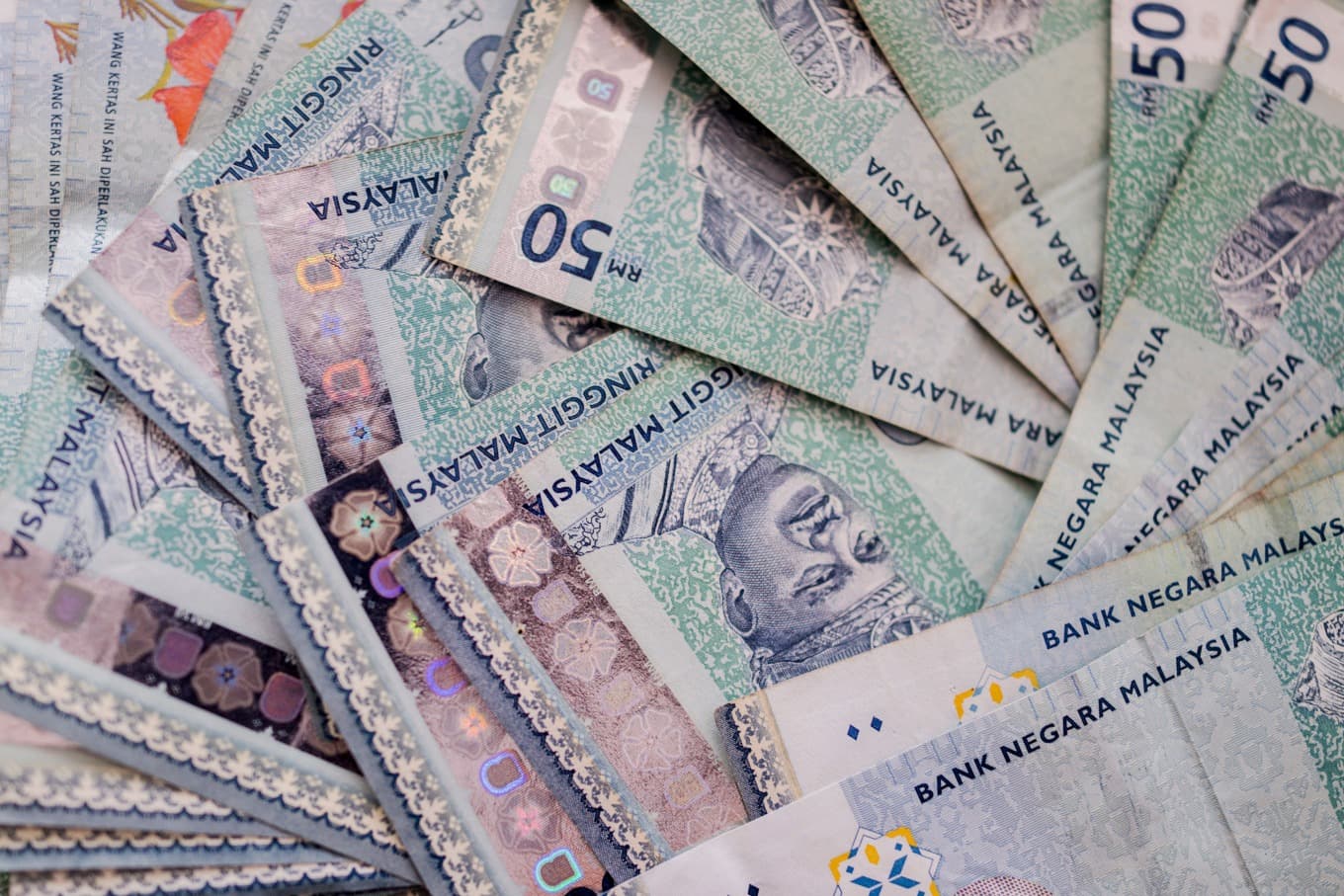
This article first appeared in The Edge Financial Daily on April 1, 2020
KUALA LUMPUR: The ringgit depreciated by 3.3% in February as domestic financial markets experienced non-resident outflows, following higher global risk aversion due to the worsening of the Covid-19 pandemic, said Bank Negara Malaysia (BNM).
The decline, however, was in line with all regional currencies which retreated between 0.3% and 3.4%, the central bank said in a monthly highlight note yesterday.
Concurrently, Malaysia’s stock market benchmark index, the FBM KLCI, also declined by 3.2% to close at 1,483 points at end-February, in line with regional equity markets, it said.
Meanwhile, despite the non-resident outflows, yields in Malaysia’s bond market declined, BNM said.
“In particular, the 10-year MGS (Malaysian Government Securities) yield declined by 30.5 basis points.
“While domestic institutional investors provided some support, the large decline mainly reflected expectations for monetary easing amid concerns over the growth outlook,” it added.
On the banking system, the central bank said the asset quality of banks remained sound, with overall net impaired loan ratio stable at 1%.
Banks also maintained sufficient buffers against potential credit losses, it said, with total provisions at 125.1% of total impaired loans, including regulatory reserves.
Meanwhile, Malaysia’s net financing growth rose 5% on-year in February, up from 4.7% in January, due to faster expansion in outstanding loans of 3.9% (January: 3.5%).
Outstanding corporate bond growth also increased slightly on-year to 8.2% in February from 8% in January.
Outstanding business loans grew at 3.6%, compared with a 2.5% increase in January, due mainly to lower repayments, reflecting a normalisation from its high levels in recent months, said BNM. Disbursements were broadly sustained during the month, it added.
However, outstanding household loan growth slowed to a rate of 3.7%, from a 4.5% growth in January, on account of lower disbursements for credit cards and securities and car loans, said the central bank.